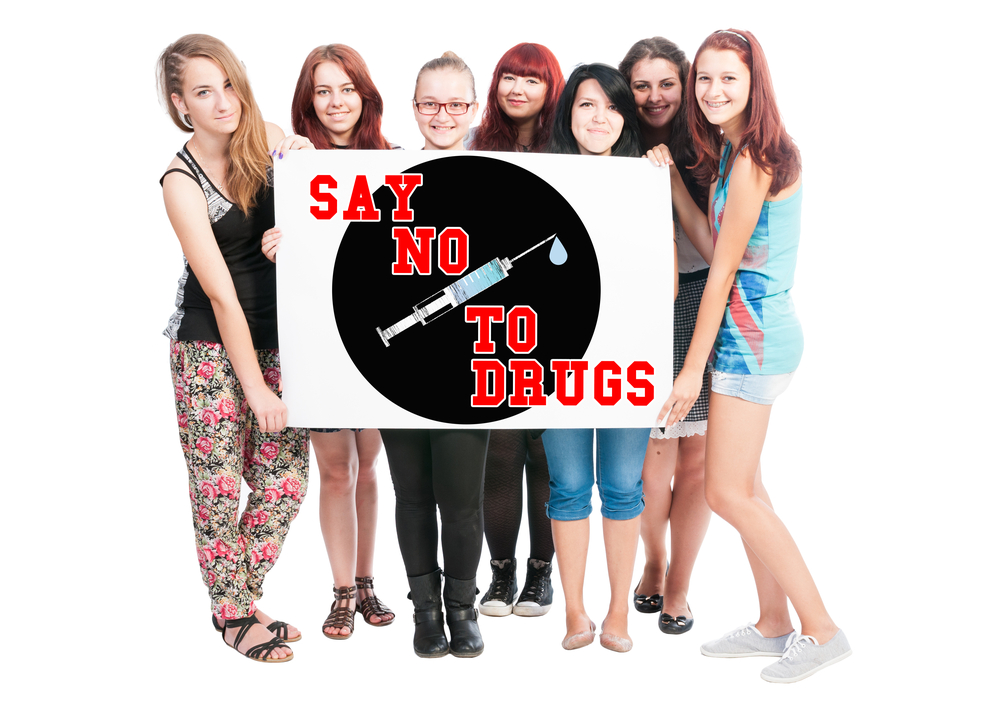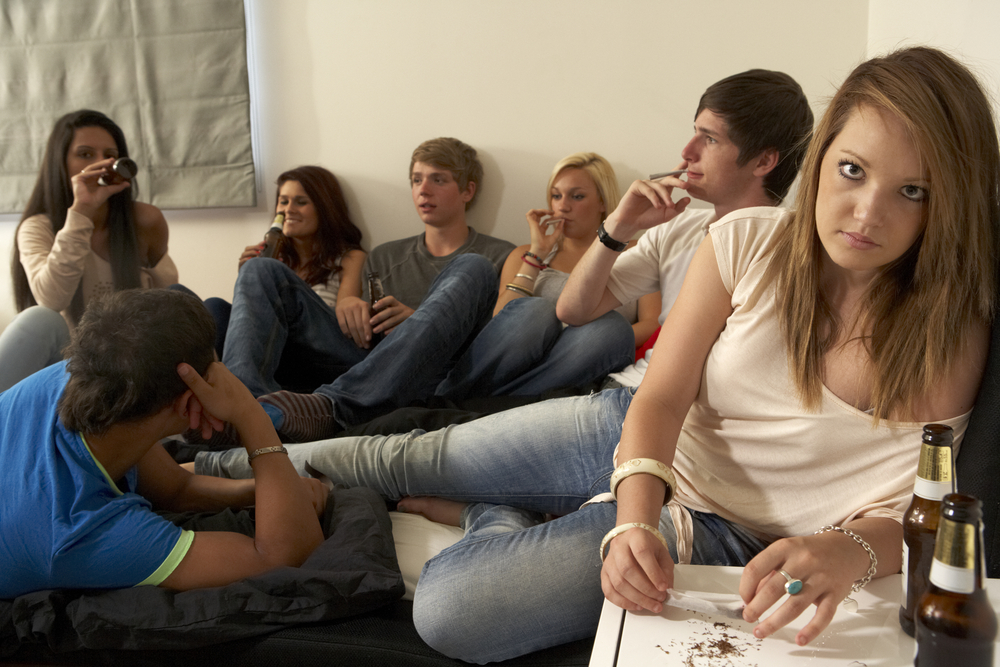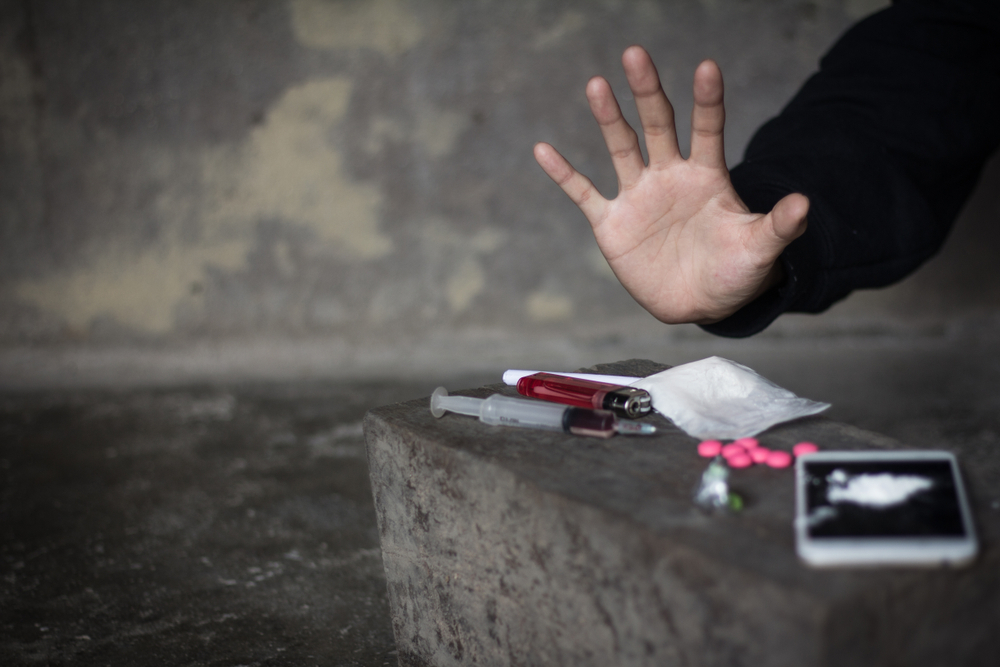Picture the quintessential coming-of-age story: teens sneaking beers at a house party, the haze of rebellion hanging heavy in the air. For decades, this image has been cemented in pop culture, from John Hughes movies to modern-day dramas. Yet, today’s teenagers are flipping the script. The familiar tropes of underage drinking and drug experimentation are quietly fading into the rearview mirror.
Surprising? Absolutely. According to recent studies, alcohol and drug use among teens has plummeted to unprecedented lows. But why are they saying “no” when generations before them couldn’t resist? Is it a newfound discipline, or are they trading one set of vices for another? And what does this shift say about the way we live and connect in the digital age?

The Numbers Don’t Lie: What the Statistics Show
The decline in teen substance use isn’t just anecdotal—it’s backed by hard data. Studies have painted a striking picture: fewer adolescents are experimenting with alcohol, cigarettes, and drugs than ever before. A 2021 report from Monitoring the Future, an ongoing study tracking substance use among young people, revealed that the use of nearly all substances dropped dramatically over the past decade. Alcohol consumption among 12th graders, for example, fell to its lowest point since the study began in 1975.
Interestingly, the downward trend persisted even after pandemic restrictions lifted and teens returned to more social environments. “I think everyone expected at least a partial rebound” after isolation ended, said University of Michigan’s Richard Miech, leader of the survey. Yet, the rebound never came, leaving researchers to question whether this generation’s choices reflect deeper societal shifts rather than temporary pandemic-era behaviors.
This trend isn’t isolated to alcohol. The percentage of high school seniors reporting marijuana use has also seen a downturn, contradicting fears that legalization would encourage more teen experimentation. Meanwhile, vaping, which once seemed poised to become the new teen epidemic, has leveled off after years of aggressive public health campaigns.
Factors Behind the Decline
The drop in teen drinking and drug use isn’t happening in a vacuum. It reflects a complex web of cultural, technological, and societal shifts that are redefining adolescence. While no single factor can fully explain this phenomenon, several key influences stand out.
Social Media and Technology
For better or worse, smartphones and social media have become the centerpiece of teen life. Today’s teens are more likely to connect through a screen than at a party. Platforms like TikTok and Instagram offer entertainment and social validation without the risks associated with traditional forms of rebellion. However, this shift also means that screen time, not substances, is consuming their free hours. As Dr. Jean Twenge, a psychologist studying generational trends, puts it: “Teens are replacing in-person interactions with online ones, and that’s affecting how they spend their time and the choices they make.”
Health Consciousness
This generation’s hyper-awareness of health and mental well-being plays a significant role. Teens today are growing up surrounded by information about the consequences of substance use, paired with increasing openness about mental health struggles. For some, anxiety itself may act as a deterrent. “Some teens with anxiety are worried about the effects of substances. They may also be socially inhibited and have less opportunity to use drugs,” said Dr. Nora Volkow, director of the National Institute on Drug Abuse. “It’s a complicated relationship.” This connection between mental health and substance use offers a critical lens for understanding the decisions teens make.
Parenting Styles
Parenting has also evolved. Many parents today adopt a more hands-on, protective approach compared to previous generations. Open communication about the dangers of substances and closer monitoring of teens’ activities have likely contributed to this shift. As Feinstein notes, “Parents are taking a more active role in discussing these issues and setting clear expectations, which appears to be making a difference.”
These factors, while encouraging, hint at a deeper transformation in how teens interact with the world—and how they cope with the pressures of growing up. But what’s taking the place of traditional risky behaviors?

Critics and Concerns: The Other Side of the Coin
While the decline in teen substance use is widely celebrated, not everyone is convinced it’s an entirely positive shift. Beneath the surface of this trend lies a growing unease about the hidden costs of these new behaviors.
- The Loneliness Epidemic: Teens may be avoiding substances, but the shift to digital connections over face-to-face interactions has left many feeling isolated. This reliance on screens is linked to higher levels of anxiety and depression, raising questions about the emotional cost of these behaviors. Dr. Jean Twenge observes that this generational shift has coincided with “a rise in mental health struggles.”
- The Pressure to Succeed: A focus on wellness and productivity can sometimes lead to burnout. Teens are replacing escapism with relentless pressure to excel academically or physically. This constant striving for perfection may harm their mental well-being, creating a new kind of stress.
- New Risks in Disguise: While teens are steering clear of traditional risky behaviors, activities like excessive gaming, social media addiction, and overtraining can introduce new challenges. These risks are less obvious but can significantly impact both physical and mental health.
As teens continue to redefine their idea of fun, the question remains: Are these new behaviors truly healthier, or do they represent a different set of challenges?
Cultural Reflections: What Does This Mean for Society?
The decline in teen substance use signals more than just a behavioral shift; it reflects deeper cultural and societal changes. Today’s teens are growing up in a world that prizes awareness, both of health and social responsibility. This is a generation that has access to more information at their fingertips than ever before, shaping their decisions and attitudes in profound ways.
One interpretation of this trend is that it represents a reevaluation of priorities. Teens today are keenly aware of the consequences of their actions, whether it’s the long-term effects of substance use or the immediate feedback loop of social media. They’re not rejecting fun—they’re redefining it, often choosing activities that align with a broader sense of self-improvement or personal expression.
At the same time, this shift raises questions about how society supports teens in navigating these changes. As traditional forms of rebellion fade, there’s a need to better understand the pressures they face in this highly connected yet often isolating world. Parents, educators, and policymakers must recognize that while substance use is declining, other challenges, like mental health and digital addiction, are rising in its place.
Ultimately, this generation is crafting a new narrative for adolescence. They’re rejecting the stereotypes that defined previous eras and choosing a path that reflects their unique values and experiences. This cultural transformation not only redefines what it means to grow up but also challenges society to adapt and support them in meaningful ways.
Why This Matters: Public Health and Cultural Takeaways
The decline in teen substance use isn’t just a statistical milestone—it holds important lessons for public health and cultural evolution. Understanding the dynamics behind this shift can guide future efforts to sustain these positive trends while addressing emerging challenges.
For public health, the success of anti-substance campaigns aimed at teens illustrates the power of early intervention. Educational programs like those warning about the dangers of smoking, vaping, and alcohol misuse have had a measurable impact, particularly when paired with cultural shifts that stigmatize unhealthy behaviors. These results underscore the importance of targeted, relatable messaging that evolves alongside generational values.
Culturally, this trend challenges long-standing assumptions about adolescence. Teens are no longer engaging in traditional risky behaviors at the same rates, but this doesn’t mean they’re free of risk. The rise of mental health concerns such as anxiety and depression highlights the need for a broader definition of “health.” It’s not just about abstaining from substances—it’s about creating environments that support emotional resilience and genuine connection.
Teens Are Redefining Growing Up
The significant decline in teen drinking and drug use marks a turning point in how we understand adolescence. This generation isn’t merely abstaining—they’re actively reshaping their priorities and identities in response to a rapidly changing world. Their focus on health, digital connection, and personal growth demonstrates a shift away from the escapism of the past toward a more intentional way of living.
However, the challenges they face—rising mental health struggles, digital dependency, and social isolation—remind us that the story is more complex. Addressing these issues requires an evolved understanding of what teens need to thrive in a world that demands so much of them.
What makes this trend particularly fascinating is its potential to redefine public health and societal norms. As this generation moves into adulthood, their emphasis on informed choices and holistic well-being could ripple across industries, from healthcare to education. They offer a blueprint for how awareness and responsibility can lead to meaningful change, challenging stereotypes not only of adolescence but of societal progress as a whole.
As society continues to adapt, this generation is showing us that rebellion doesn’t have to look like substance use or reckless behavior. Instead, it can be a refusal to accept outdated norms and a bold redefinition of what it means to grow up. Their actions challenge us all to think differently about health, connection, and the choices that define a life well-lived.


